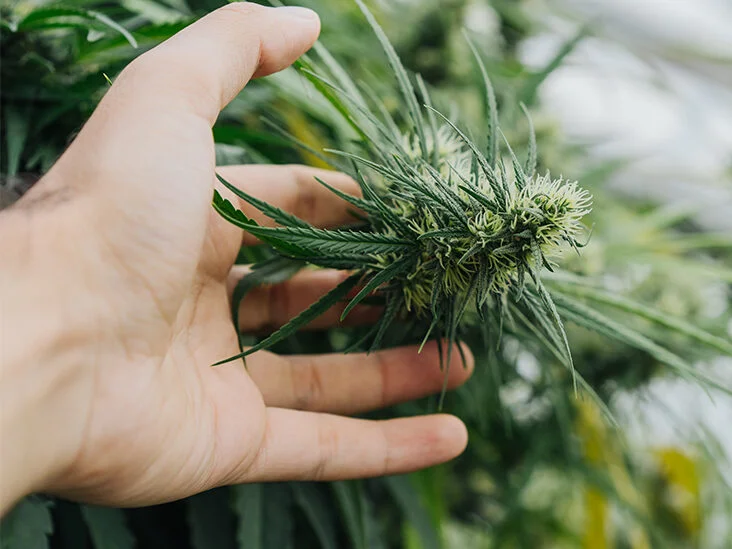Sativa cannabis strains are celebrated for their invigorating and stimulating effects. While many people seek out sativas for their uplifting properties, it’s important to be aware of potential side effects associated with these strains. This article explores common sativa side effects and provides tips on how to manage them.
What Is Sativa Cannabis?
Sativa strains originate from hot, tropical regions around the equator, such as Mexico, Thailand, and Africa. These strains grow tall, often reaching up to 20 feet, and feature slender leaves and fluffy buds. Sativas generally have a higher THC to CBD ratio compared to indicas, leading to more potent cerebral effects. Popular sativa strains include Durban Poison, Sour Diesel, Jack Herer, Super Silver Haze, and Green Crack.
Sativa strains are often used to address mental health issues such as depression, anxiety, and low energy. They are known for:
- Enhancing mood and reducing sadness
- Increasing focus and creativity
- Boosting energy levels
- Stimulating appetite
- Providing pain relief
Despite their benefits, sativa strains can also cause some undesirable side effects. Here’s a closer look at these effects and how to manage them.
Common Sativa Side Effects
- Paranoia and Anxiety: High-THC sativa strains can sometimes cause paranoia or anxiety, especially in unfamiliar or uncomfortable settings. This is due to THC’s interaction with the endocannabinoid system, which can intensify sensory experiences and alter perceptions of time. To mitigate these effects, start with a low dose and consume cannabis in a familiar, relaxing environment. Taking CBD oil before using sativa can also help counteract anxiety.
- Insomnia: Due to their stimulating nature, sativa strains can lead to difficulty sleeping if used too close to bedtime. To avoid this, use sativas during the day and switch to a calming indica in the evening.
- Dizziness: Sativa strains can cause dizziness, particularly if you stand up quickly. This is because cannabis can lower blood pressure. Staying hydrated and taking your time when changing positions can help reduce dizziness.
- The Munchies: Like many cannabis strains, sativas can induce cravings for snacks. This can be managed by choosing healthy snacks or engaging in other activities to distract yourself from constant eating.
- Dry Mouth: Known as cottonmouth, this side effect occurs because THC reduces saliva production. To alleviate dry mouth, drink plenty of fluids or suck on lemon-flavored hard candy.
Long-Term Sativa Side Effects
While sativa strains are effective for many users, there are potential long-term risks to consider:
- Respiratory Issues: Smoking cannabis, including sativa strains, can irritate the throat and lungs, potentially leading to chronic bronchitis. Vaping or consuming edibles may be healthier alternatives.
- Psychosis and Schizophrenia: Long-term use of high-THC sativa strains may increase the risk of psychosis or schizophrenia, particularly in individuals genetically predisposed to these conditions. If you notice any changes in mental health, consider discontinuing use or switching to a strain with a higher CBD content.
- Drug Interactions: Cannabis and CBD can interact with other medications because they are metabolized by the same liver enzymes. Consult with a healthcare professional before combining cannabis with other drugs.
Final Thoughts on Sativa Side Effects
Sativa strains are renowned for their stimulating and uplifting effects, making them a popular choice for recreational users and those seeking relief from mental health issues. However, they can also cause side effects like anxiety, insomnia, and dizziness. To minimize these effects, start with a small dose, consume in a comfortable environment, and consider switching to indica strains in the evening. By understanding these potential side effects and using cannabis responsibly, you can enjoy the benefits of sativa strains while managing any adverse reactions.



